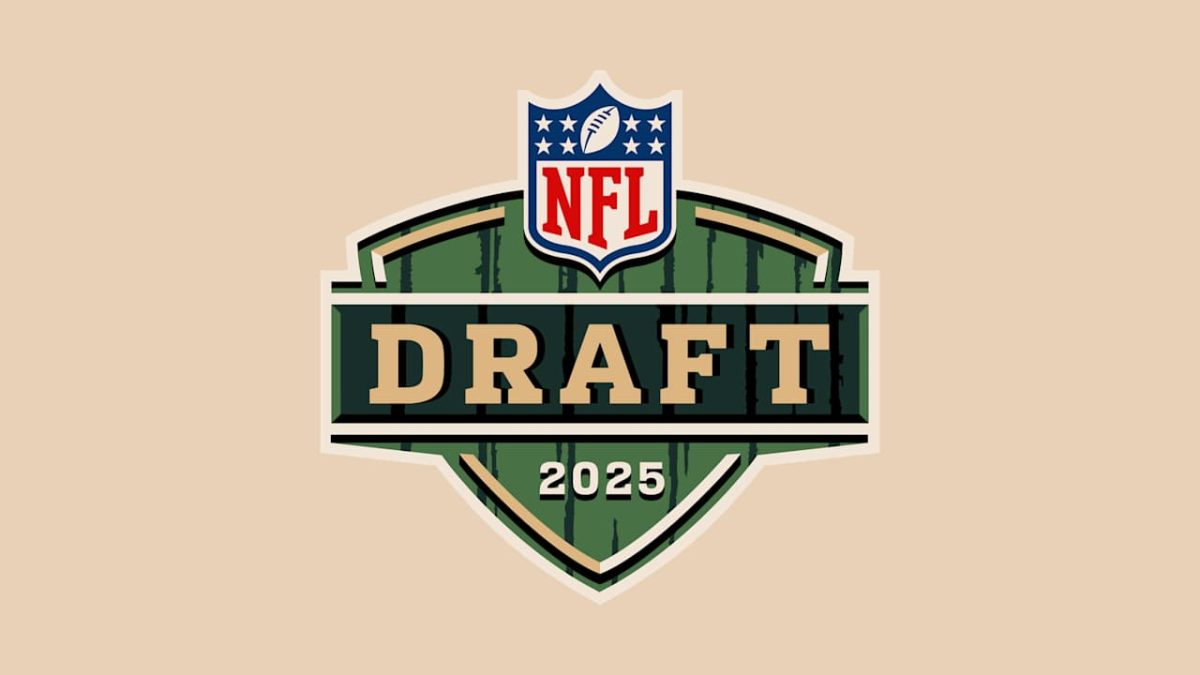On Saturday night, the South Alabama Jaguars will come out of the visiting tunnel in Tiger Stadium, greeted by thunderous boos and a sign illuminated in gold.
The sign reads: “Welcome to Death Valley.”
Tiger Stadium has been known as “Death Valley” since New Year’s Day of 1959 when Heisman-winning running back Billy Cannon led LSU to a 7-0 win over Clemson in the Sugar Bowl at Tulane Stadium to clinch the program’s first-ever national championship.
Tiger Stadium was first known as “Deaf Valley,” referring to the rowdy, booming crowd schools coming into Baton Rouge are forced to deal with during Saturdays in the fall. But with the win, Tiger fans felt they now had the right to start calling Tiger Stadium Death Valley as a reference to the nickname given to Clemson’s home field.
The rest is history. Death Valley has lived up to its namesake for six and a half decades. LSU fans have made sure of it.
With a capacity of 102,321, Tiger Stadium holds the fifth-most fans of any American football stadium in the nation. Tens of thousands pack into “Death Valley” on Saturdays, which can be deafening. Tigers fans have registered an earthquake at Tiger Stadium multiple times.
Through 100 years at Tiger Stadium, the purple and gold hold a 446-156-18 record (.734) at home. Death Valley offers the Bayou Bengals a significant home-field advantage.
With the history and reputation that the Tigers carry at home, no opponent wants to be forced to play where their dreams are known to die for nothing. The schools, programs and athletic departments all want compensation if they agree to come to play at one of the toughest opposing venues in the country.
That makes for a complicated scheduling process.
In the NCAA, there are procedures in place set by each conference for inner-conference games. Most programs nationwide play eight or nine, with SEC teams playing four at home and four on the road.
However, for non-conference scheduling, the schools’ athletic departments are left alone and forced to communicate with other programs on an agreed-upon date, time and payout.
Game contracts are one of the largest yet most obscure businesses in the NCAA. For neutral site games, the TV networks are forced to pay up. ESPN paid LSU and USC $5 million each to face off in the Modelo Vegas Kickoff Classic at Allegiant Stadium in Las Vegas, Nevada.
These games can be scheduled up to years and years in advance: LSU has already agreed to travel to Rice-Eccles Stadium in Salt Lake City to play Utah on Sept. 6, 2031, before hosting the Utes the following year on Sept 11, 2032, back in Baton Rouge.
But when a Power Four football program wants to host a non-conference home game, even against a much lesser opponent, the schools, not the TV networks, are the ones that are forced to pay.
Think a college football powerhouse won’t shell out the wealth to host inferior competition in front of their home fans? Think again.
Georgia, Alabama and Auburn spent $1.9 million each to host UMass, Western Kentucky and New Mexico in their home venues in 2024. The schools pay for these matches against inferior competition as a tune-up game. But these “guaranteed wins” don’t always go that way.
In 2007, No. 5 Michigan paid Appalachian State $400,000 to come to the Big House. On the final play of the game, the Mountaineers blocked Michigan’s 37-yard game-winning field goal attempt for a historic 34-32 road upset. It was the first game ever broadcasted live on the Big Ten Network.
Last season, Auburn paid New Mexico State $1.85 million to come to Jordan-Hare Stadium. The game script didn’t go according to plan for Hugh Freeze’s Tigers, as the Aggies gave Auburn an embarrassing 31-10 beatdown in front of their home crowd.
But what kind of money has LSU, one of the biggest brands in all of sports, been willing to drop to entice teams to come to Tiger Stadium this season?
UCLA received a fixed sum of $582,500 to play the Tigers in September’s sweltering Louisiana heat last Saturday. For Death Valley’s 100th season home opener against Nicholls State, LSU paid Nicholls a $760,000 game guarantee, including a $10,000 payment specifically for the Colonel Athletic Association.
But these numbers are dwarfed by the Tigers’ upcoming catfight against the Jaguars.
LSU is signing South Alabama a whopping $1,650,000 check for Saturday night’s contest. It’s the most the Tigers will pay to play this season, nearly $300,000 more than the payouts awarded to Nicholls State and UCLA combined. It’s tied for the tenth-highest payout a visiting team will receive during the 2024 college football season.
But with Tiger Stadium’s reputation, it’s understandable why South Alabama would take such a significant payday to march into Baton Rouge head-first.
After all, as former national championship-winning LSU head coach Les Miles said, “That was Death Valley. That was the place where opponents’ dreams come to die.”










